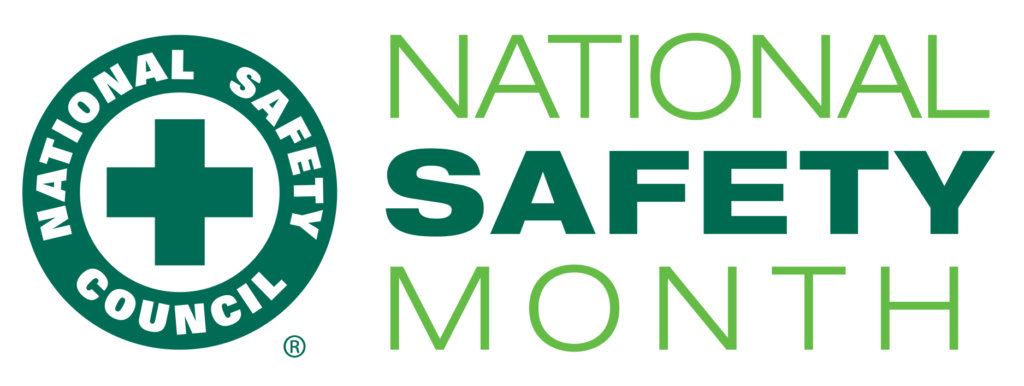June is National Safety Month, and although seniors should take care to safeguard themselves at all times throughout the year, June has been set aside to bring awareness to specific ways seniors can take common-sense measures to protect themselves.
Why are Seniors at Risk?
As people age, eyesight, balance, memory, and a host of other bodily changes make those things that once were not a problem a bit more risky or dangerous. Many times seniors are too afraid or too embarrassed to ask for help, but living alone, lacking awareness of financial situations, or being too trusting of others can cause long-term problems with health, safety, and well-being. Safety begins by being alert and preparing for dangers.
How Can You Help Seniors Stay Safe?
LifeStream Services is seeking the community’s support to raise funds to help seniors and people with disabilities remain safe and independent. LifeStream’s goal is to raise $10,000 for the Client Assistance Fund which allows LifeStream to purchase emergency and essential items for senior citizens and people with disabilities who are in need.
Click Here to Learn More and Donate Today!
Senior Safety Issues & Tips
Fraud and Scammer Protection
Older people are susceptible to fraud and scammers. Talk to the senior citizens in your life and prepare them to watch for potential scams. Offer to help them talk it through before acting.
- “Please talk to me before sending money to someone, even if they say they are family. Scammers often pretend to be a family member.”
- “Don’t call a number someone emails you.”
- “Don’t answer calls on your phone coming from numbers you don’t recognize. If it is important, they will leave a message.”
- “Never let someone else access your computer, in person or remotely.”
Learn more at https://lifestreaminc.org/fraud-and-scam-information/
Trip Hazard Tips
Often senior citizens fall or trip in their home, because there are trip hazards or a lack of adequate places to balance themselves.
- Have grab bars installed in the shower and near the toilet to make getting around easier and safer.
- Put rubber mats in the bathtub to prevent slipping.
- Use a special tub chair or bench to make it easier to get in and out of the bath.
- Install handrails and lights on staircases, with light switches at the top and bottom of the stairs.
- Tape down throw rugs to prevent slippage or catching the corner. Or better, yet remove them completely.
- Clean up piled clutter. This includes newspapers, loose clothes, and shoes.
Heat Related Precautions
The vast majority of heat related deaths occur to senior citizens, especially to those who lack air conditioning, have underlying health issues, and live alone. Take precautions when temperatures rise.
- Drink plenty of water or juice throughout the day rather than drinking it all at once.
- Sit in front of a fan or, if available, run the air conditioning.
- Use wet cloths on the back of the neck and wrists
- Seek out a cooling center, like a library or community center.
Emergency Numbers
Always keep a list of emergency numbers by each phone. Write this information in large enough print that you can read it easily if you are in a hurry or frightened. Be sure to list numbers for:
- 911
- Poison Control: 1-800-222-1222
- Family member or friend to call in case of emergency
- Healthcare provider’s office
Financial Tips
Financial safety is important for seniors, especially because they tend to be over-trusting of others.
- Never leave your purse unattended.
- Always carry your wallet or any bills in a front pocket, never in a rear pocket.
- Avoid having large amounts of cash or valuables at home.
- Tear up or shred all personal and financial information; never just throw it into the trash.
Additional Tips
- Always be alert and aware of your surroundings. Make note of what is happening around you.
- Take the necessary steps to protect yourself, your car, your home, your finances.
- Become less trusting—strangers aren’t the only ones who may prey on you; many elders have been targeted by their own family and friends.
- Report any suspicious activities or people you encounter to the local police.
- Have a safety plan in place and know what to do in case of emergency.

